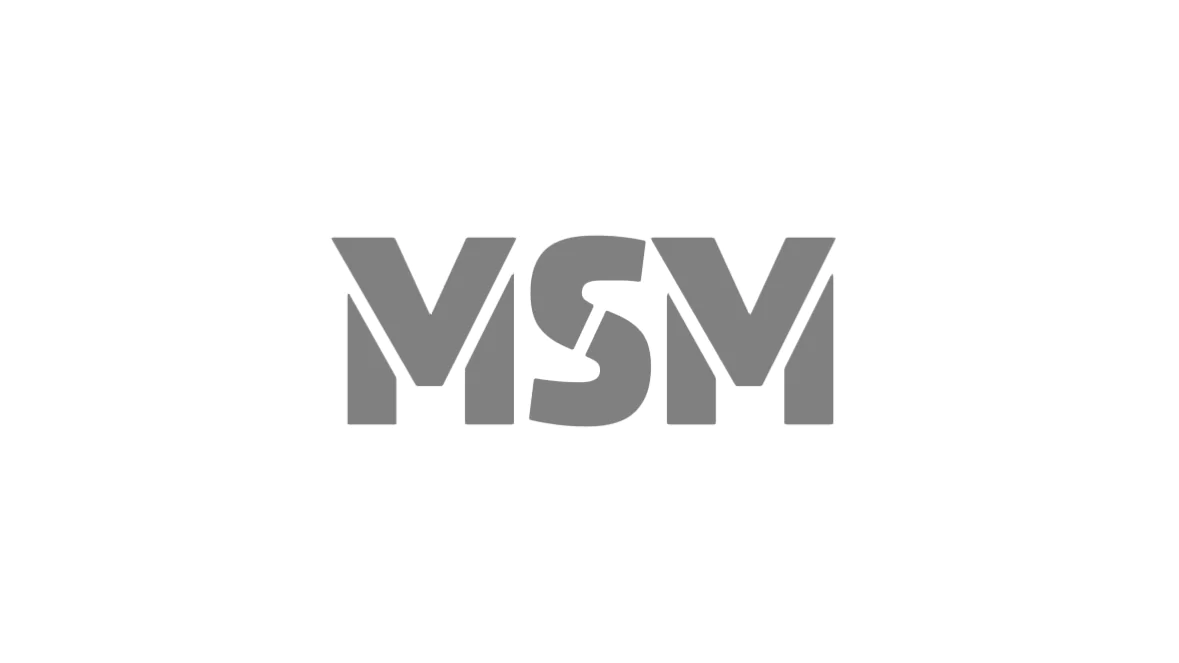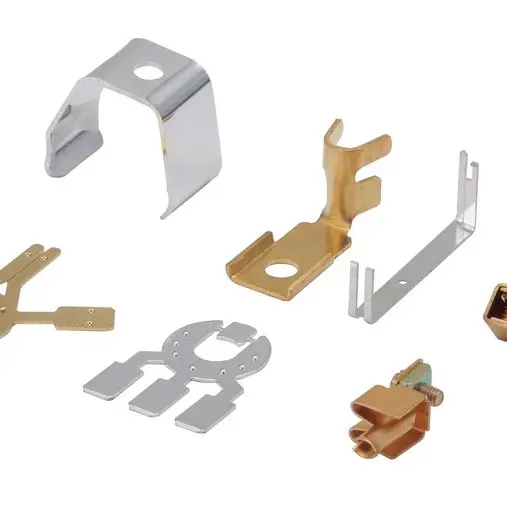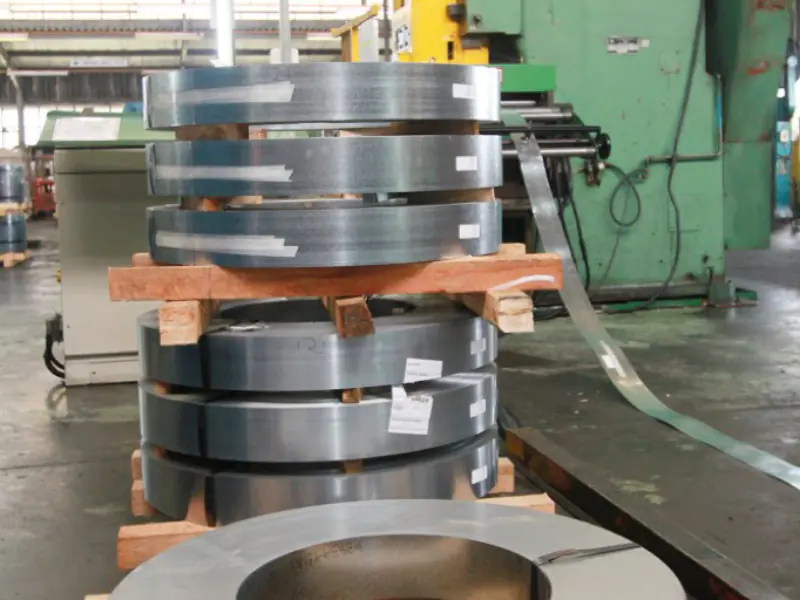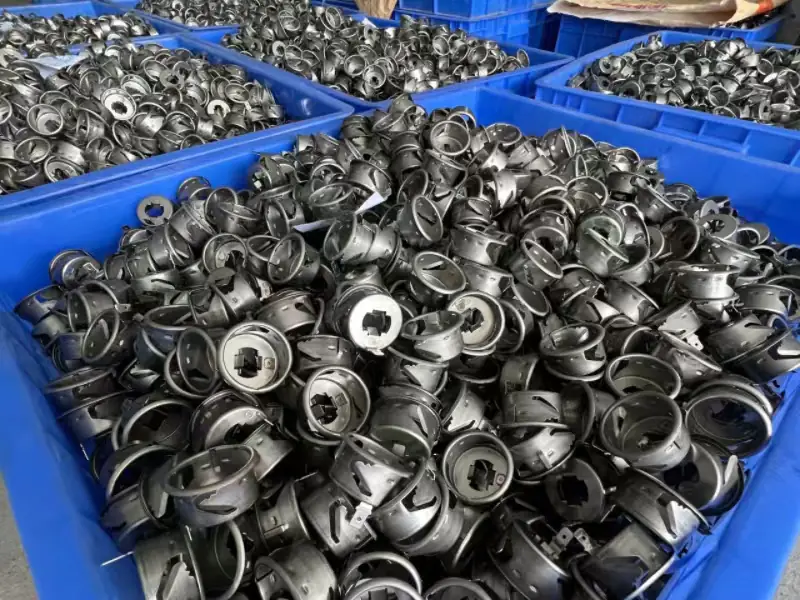-
No.66 Gaojia, Xingfu Village, Sanqi Town, Yuyao, Ningbo,China

Precision Metal Stamping: Revolutionizing Medical Device Manufacturing
The medical device industry demands nothing short of perfection when it comes to component manufacturing. This comprehensive guide explores how precision metal stamping is transforming medical device production, offering unparalleled accuracy, consistency, and cost-effectiveness. Whether you’re a medical device manufacturer or industry professional, you’ll discover why metal stamping has become the go-to solution for creating high-quality medical components.
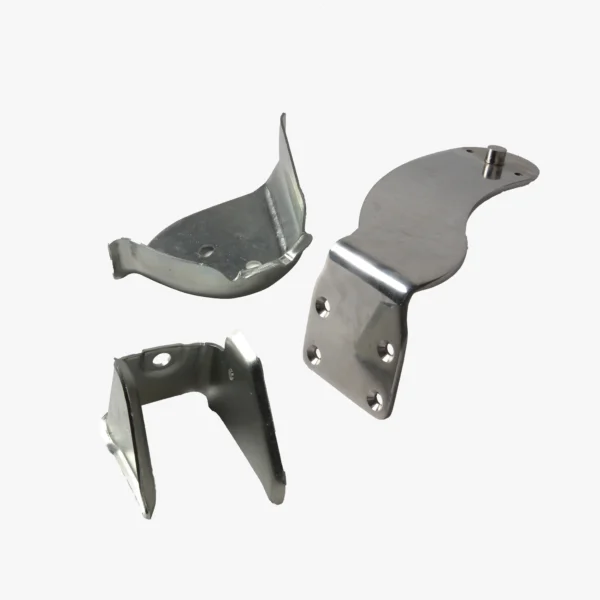
Precision stamped components for medical applications
What Makes Metal Stamping Essential for Medical Device Manufacturing?
The medical device industry relies heavily on precision manufacturing processes to create life-saving equipment. Metal stamping has emerged as a crucial fabrication method because it combines accuracy, repeatability, and cost-effectiveness. The manufacturing process ensures consistent quality across high volumes of medical components while maintaining tight tolerances essential for medical applications.
How Does Metal Stamping Meet Medical Industry Standards?
Medical-grade components require strict adherence to quality control standards. The metal stamping process excels in meeting these requirements through:
- ISO certification compliance
- Precise tolerance control (often within ±0.001 inches)
- Consistent quality across production runs
- Rigorous quality management system implementation
What Materials Are Used in Medical Device Stamping?
The choice of metal materials significantly impacts the performance and durability of medical devices. Common materials include:
- Titanium for implantable devices
- Stainless steel for surgical instruments
- Medical-grade aluminum for lightweight applications
- Specialized alloys for corrosion resistance
Learn more about our custom metal stamping capabilities

Benefits of Progressive Die Stamping in Medical Manufacturing
Progressive die stamping offers several advantages for medical component manufacturing:
- Increased production efficiency
- Reduced material waste
- Consistent quality across high volumes
- Cost-effective manufacturing solution
How Does Quality Control Impact Medical Stamping?
Quality control in medical device manufacturing involves:
| Aspect | Requirement | Impact |
|---|---|---|
| Inspection | 100% verification | Ensures patient safety |
| Documentation | Complete traceability | Meets regulatory standards |
| Testing | Regular validation | Maintains consistency |

What Secondary Services Enhance Medical Device Components?
Secondary services play a crucial role in finishing medical components:
- Applying a thin metal coating
- Surface treatment for corrosion resistance
- Precision machining for complex geometries
- Assembly and packaging
Explore our metal stamping services
How to Choose a Medical Device Stamping Partner?
When selecting a manufacturing partner, consider:
- Experience in medical device components
- Quality management systems
- Manufacturing capabilities
- Design and engineering support
- Regulatory compliance
What Are the Latest Innovations in Medical Stamping?
Recent advances include:
- Automated inspection systems
- Advanced tool design
- Improved material handling
- Enhanced process control
Cost Considerations in Medical Device Stamping
Understanding the financial aspects:
- Initial tooling investment
- Per-piece costs
- Volume considerations
- Material selection impact
View our precision stamping solutions

Future Trends in Medical Device Manufacturing
The industry is evolving with:
- Increased automation
- Smart manufacturing integration
- Sustainable practices
- Advanced materials development
Key Takeaways: • Metal stamping provides precise, consistent medical components • Quality control is paramount in medical device manufacturing • Progressive die stamping offers significant cost advantages • Secondary services enhance component functionality • Partner selection is crucial for success
This article has covered essential aspects of metal stamping in medical device manufacturing. For more information about specific applications or to discuss your medical component needs, contact a qualified metal stamping provider who specializes in medical device manufacturing.
